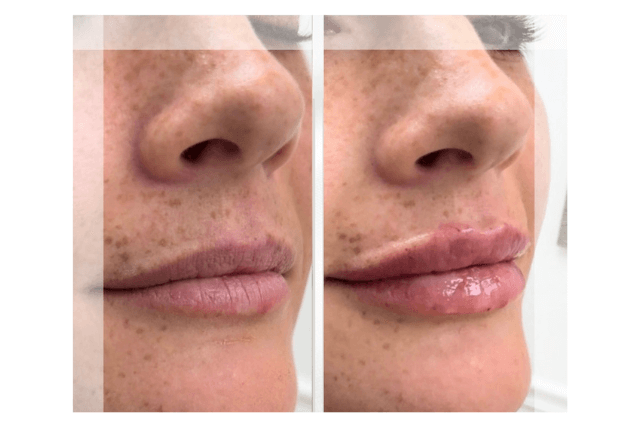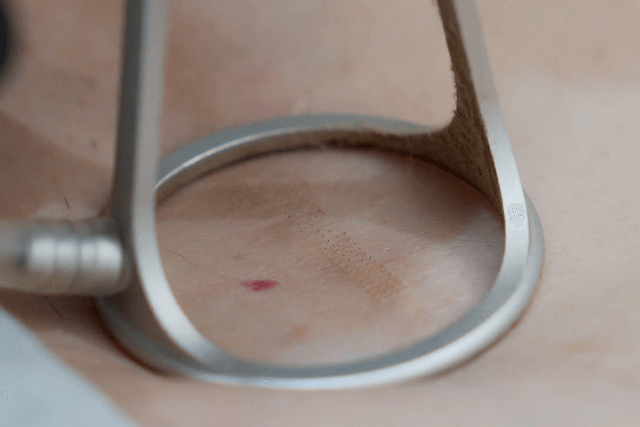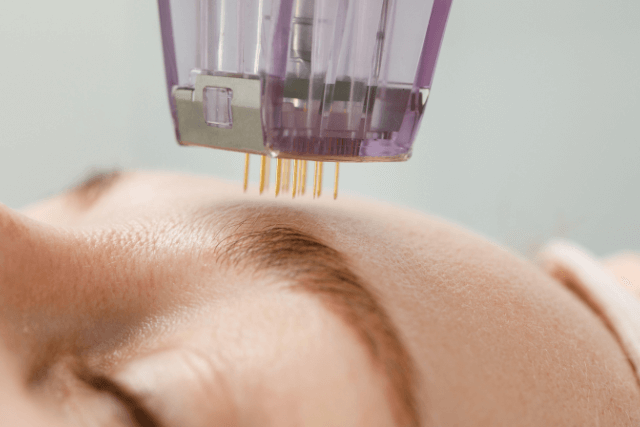Losing a significant amount of weight through weight loss surgery can be life-changing. However, many post-surgery patients face the challenge of loose or sagging skin. This natural consequence occurs when the skin cannot conform to the new, slimmer body weight. Preventing loose skin after surgery requires proactive steps and ongoing care to support skin health and elasticity.
Understanding Loose Skin After Weight Loss Surgery
Loose skin after weight loss surgery is common among bariatric surgery patients. Rapid weight loss, especially following procedures like gastric bypass or gastric sleeve, often results in excess skin. This occurs because the skin, having stretched to accommodate excessive weight, struggles to tighten after weight is lost. Although skin responds differently for each person, several factors influence how well it retains its elasticity.
Why Does Loose Skin Develop After Bariatric Surgery?
Loose skin after surgery often results from losing collagen and elastin fibers. These fibers help the skin maintain its structure and bounce back after stretching. Over time, the production of collagen and elastin declines, reducing skin elasticity. Rapid weight loss accelerates this issue, leading to sagging skin.
Bariatric surgery patients who experience significant weight loss quickly are more prone to developing excess skin. Gradual weight loss, on the other hand, allows the skin to adjust more effectively, minimizing the risk of excess skin after weight loss.
How to Prevent Loose Skin After Weight Loss Surgery
Preventing loose skin after surgery starts before the weight loss procedure and continues throughout recovery. You can minimize saggy skin and improve skin elasticity by adopting specific habits and incorporating key strategies.
Focus on Gradual Weight Loss
Gradual weight loss helps reduce the chances of developing excess skin. Losing weight too quickly can prevent the skin from tightening effectively. Bariatric surgery patients should aim to lose weight at a steady pace, allowing the skin to keep up with the changing body weight. This can prevent loose skin and improve overall skin health.
Engage in Regular Exercise
Strength training exercises are essential for maintaining lean muscle mass. Building lean muscle helps fill out areas where loose skin might otherwise develop. Exercises targeting various muscle groups promote blood circulation and collagen production, aiding skin tightening. Many post-surgery patients find that incorporating regular exercise into their weight loss journey helps avoid loose skin.
Prioritize Proper Hydration
Staying adequately hydrated is vital for maintaining skin elasticity. Water supports collagen production and ensures that the skin responds better to changes in body weight. Drinking plenty of water during and after the weight loss keeps the skin plump and healthy, reducing the risk of sagging skin.
Adopt a Balanced Diet
A balanced diet rich in vitamins, minerals, and essential nutrients helps improve skin elasticity. Vitamin C is critical in collagen production, while foods high in antioxidants promote skin health. A diet with lean proteins, healthy fats, and plenty of fruits and vegetables can prevent loose skin after weight loss surgery.
Bariatric surgery patients should consult with a bariatric surgeon or nutritionist to develop a meal plan that supports weight loss and skin health.
Maintain Lean Muscle Mass
Lean muscle mass supports the skin by filling out areas affected by weight loss. Strength training and regular exercise help build muscle, which can tighten skin after weight loss. Post-surgery patients are encouraged to maintain or increase muscle mass to manage excess skin.
Incorporate Topical Creams and Treatments
Topical creams containing hyaluronic acid, vitamin C, and retinoids can improve skin elasticity and tighten skin. These products support collagen and elastin fiber production, reducing the appearance of sagging skin. Although topical treatments alone may not remove excess skin, they complement other preventive measures.
Avoid Rapid Weight Gain and Weight Loss
Frequent weight gain and loss stretch the skin, diminishing its elasticity over time. Maintaining a stable weight through consistent exercise and a healthy diet helps prevent loose skin. Post-surgery patients should focus on long-term weight management to avoid loose skin and excess weight fluctuations.
Consider Body Contouring Surgery
Body contouring surgery may be necessary for those with significant excess skin after weight loss. Procedures such as tummy tuck, arm lift, and breast lift remove excess skin and reshape the body. Consulting with a plastic surgeon at Eberbach Plastic Surgery can help you explore body contouring options to treat loose skin after weight loss.
Manage Excess Skin Through Skin Removal Surgery
Skin removal surgery addresses areas of saggy skin that cannot be tightened through other methods. This surgical intervention is commonly performed on the abdomen, thighs, and upper arms. Many post-surgery patients opt for skin removal surgery to enhance their body image and feel more comfortable in their skin.
Embrace Strength Training and Physical Activity
Physical activity enhances overall health and reduces excess weight. Strength training exercises build muscle and improve skin elasticity, helping to avoid loose skin after surgery. Consistent activity promotes better circulation, supporting skin health and reducing sagging skin.
Address Excess Skin Through Medical Intervention
If loose skin persists despite best efforts, medical intervention may be required. Body contouring and plastic surgery provide long-term solutions for treating excess skin. Procedures such as tummy tuck and breast lift can remove extra skin and restore body contours.
Consult a Plastic Surgeon
Post-surgery patients interested in plastic surgery should consult with a qualified plastic surgeon. Eberbach Plastic Surgery offers consultations to help patients explore options for body contouring and skin removal surgery. A personalized plan ensures the best possible outcome for managing excess skin.
Enhance Collagen Production Naturally
Collagen production naturally declines with age, contributing to loose skin after weight loss. Consuming foods rich in vitamin C, using hyaluronic acid products, and engaging in strength training supports collagen production. These habits improve skin elasticity and reduce the likelihood of developing excess skin.
Prioritize Skin Health Throughout Your Weight Loss Journey
Maintaining skin health during weight loss reduces the risk of developing loose skin. Proper hydration, balanced nutrition, and regular exercise promote skin resilience and elasticity.
Conclusion
Preventing loose skin after weight loss surgery requires dedication and ongoing care. By incorporating gradual weight loss, regular exercise, and proper hydration, bariatric surgery patients can improve skin elasticity and avoid loose skin. Body contouring and plastic surgery provide effective solutions for those with significant excess skin.
Consult the expert team at Eberbach Plastic Surgery to learn more about preventing loose skin and exploring treatment options tailored to your needs.





